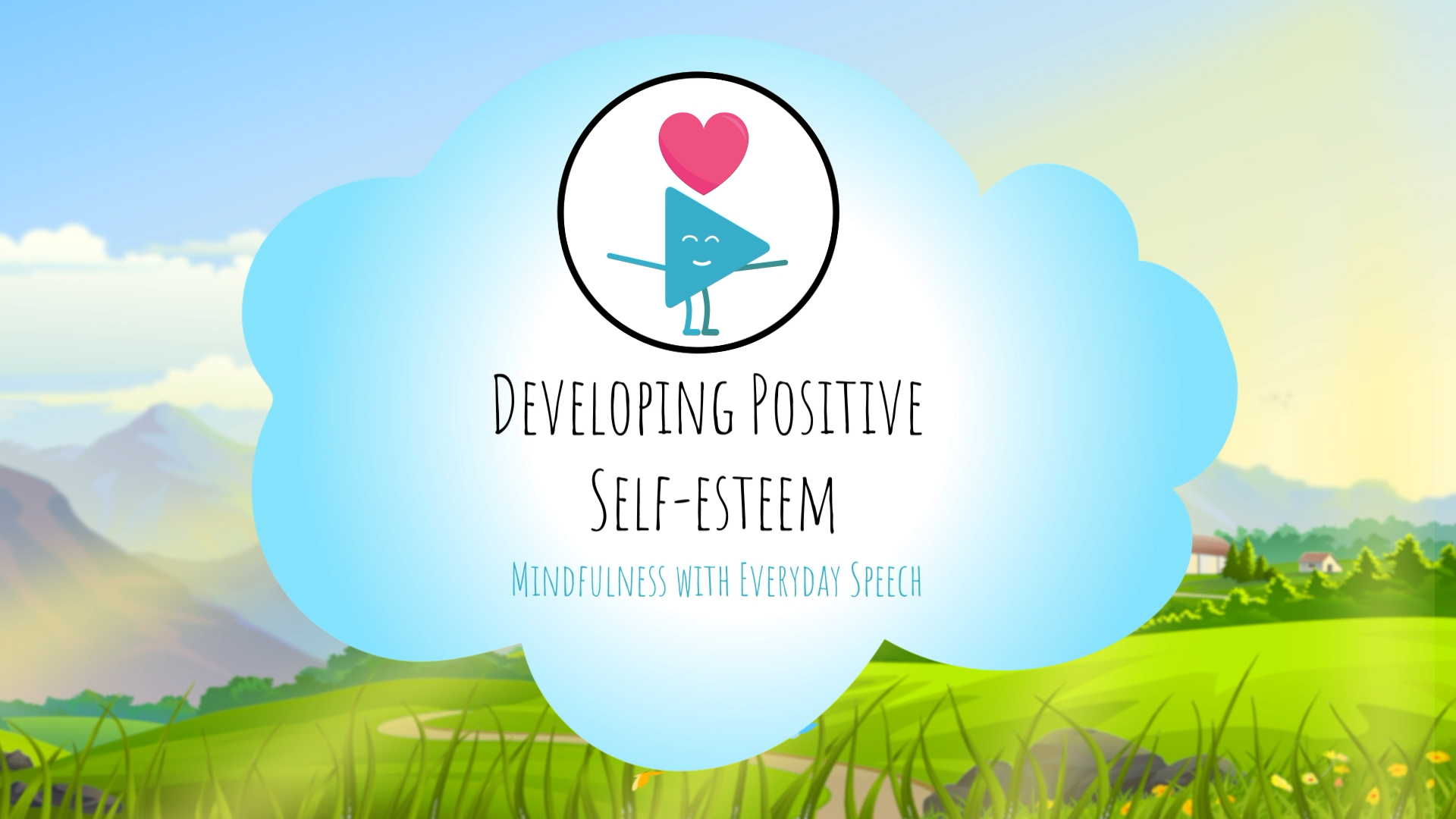
Introduction
Self-esteem refers to the collection of beliefs individuals hold about themselves. A high sense of self-esteem is characterized by feelings of pride, acceptance, and confidence in one’s abilities, even during challenging times or when facing failure. Developing positive self-esteem is crucial for children as it allows them to feel confident when trying new things, interacting with friends, and building their talents. On the other hand, low self-esteem can lead to feelings of insecurity, self-doubt, and a tendency to give up easily when faced with challenges. In this blog post, we will explore a no-prep activity for educators to help elementary students build positive self-esteem, as well as discussion questions and related skills.
No-Prep Activity: The Compliment Circle
This activity is designed to help students recognize their strengths and the positive qualities of their peers, thus fostering positive self-esteem. To conduct the Compliment Circle, follow these simple steps:
- Have the students sit in a circle, facing each other.
- Explain that each student will take turns giving a compliment to the person on their right. The compliment should be genuine and focus on a positive quality or action of that person.
- Begin the activity by modeling a compliment for the student on your right. For example, “I really appreciate how you always help others during group activities.”
- Continue the activity until each student has received and given a compliment.
- Conclude the activity by discussing how it felt to give and receive compliments, and how this exercise contributes to building self-esteem.
Discussion Questions
- How did it feel to receive a compliment from your classmate? How did it affect your self-esteem?
- How did it feel to give a compliment to a classmate? Did you learn something new about them or appreciate a quality you hadn’t noticed before?
- Why is it important to recognize and appreciate the positive qualities in ourselves and others?
- How can we practice building positive self-esteem outside of this activity?
- How does having a positive self-esteem impact our relationships with others and our ability to face challenges?
Related Skills
Building positive self-esteem is just one aspect of a broader social-emotional learning journey. Other related skills that contribute to students’ overall well-being and personal development include:
- Effective communication: Learning to express thoughts and feelings clearly and respectfully.
- Active listening: Developing the ability to truly understand and empathize with others.
- Emotional regulation: Understanding and managing emotions in a healthy way.
- Growth mindset: Believing in one’s ability to improve and learn from challenges.
- Empathy: Cultivating the ability to understand and share the feelings of others.
Next Steps
If you found this activity helpful and would like to explore more resources to support your students’ social-emotional learning journey, we invite you to sign up for free samples of our skill-based materials at Everyday Speech. Our comprehensive library includes engaging activities, videos, and lesson plans tailored for educators working with elementary students. Take the next step in fostering a positive learning environment and empowering your students to thrive.

